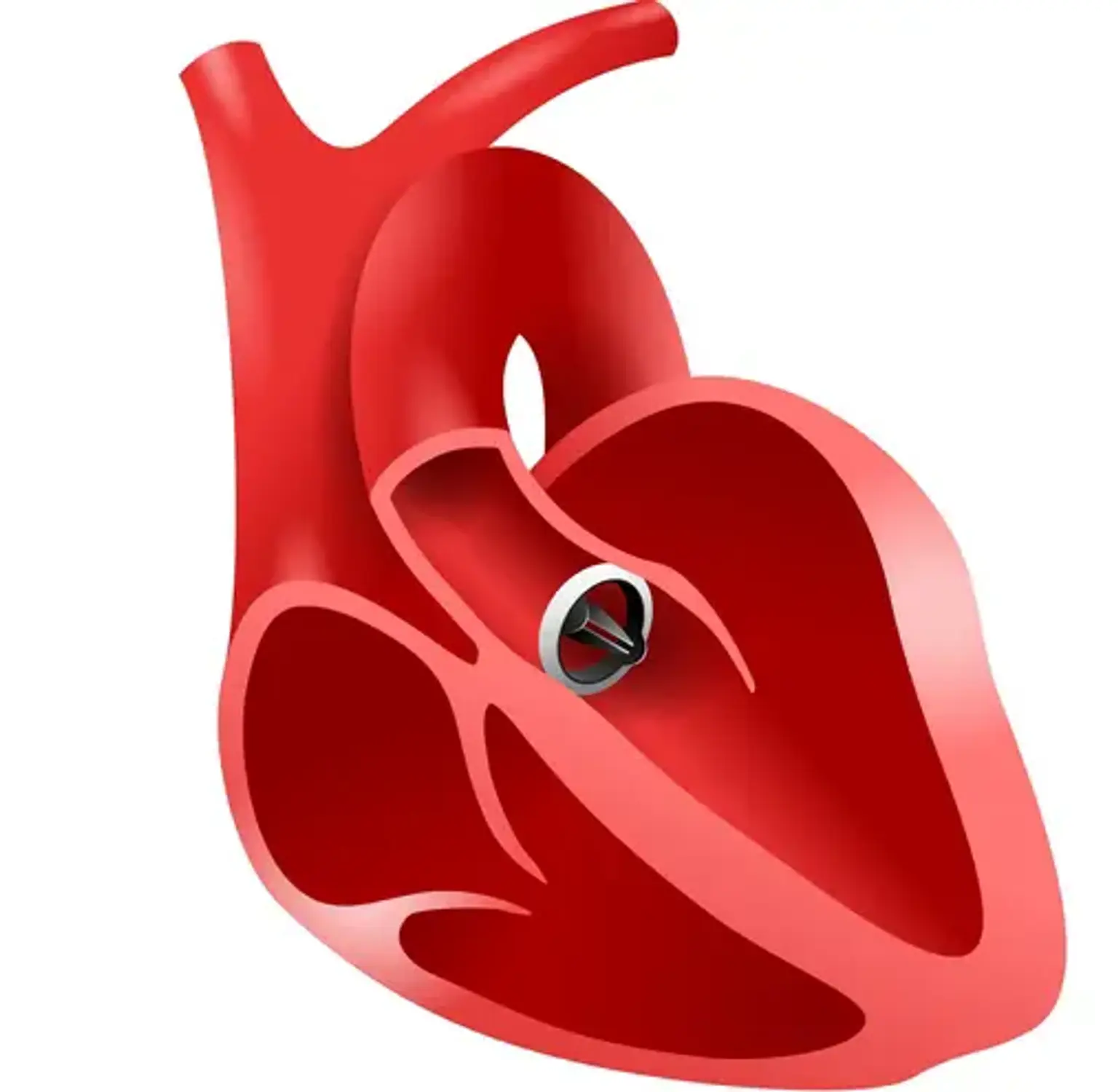Cardiac Valve Replacement
Although tiny, your heart's valves play a crucial role. They regulate the heart's blood supply and flow. Your heart will strain to perform as it should if they aren't functioning properly, and your health may suffer as a result. Some heart valve issues are congenital (existing at birth), some are brought on by disease or infection, and some arise with aging
One of the things your doctor listens for while using a stethoscope to listen to your chest is heart valve issues. A common warning sign that a patient may have a heart valve malfunction is a murmur, sometimes known as a lub-dub sound. The first sign that something is wrong may be tiredness or shortness of breath in cases where heart valve abnormalities have developed gradually.
The intervention is tailored to the patient's needs and preferences when a heart valve must be repaired or replaced, whether using catheters, robotic or minimally invasive techniques, or conventional open incisions.
